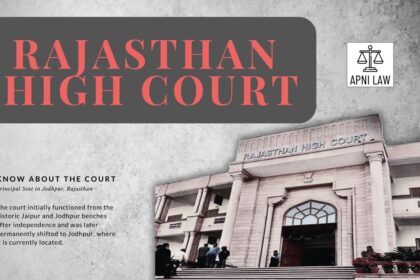Employee Cannot Deny Family Pension to Wife or Dependents
The Kerala High Court ruled that an employee cannot deny or decide who receives the family pension after their death. The Court held that family pension is not the employee’s property and cannot be disposed of through a will or nomination.
Family Pension is Not Part of Employee’s Estate
A Division Bench of Justice Amit Rawal and Justice K. V. Jayakumar stated that family pension is different from other pensionary benefits like gratuity or provident fund. Employees cannot exclude their legally wedded spouse or dependents from receiving it. They also cannot nominate another person to receive the pension.
Case of Gopalakrishna Pillai
The case involved Gopalakrishna Pillai, a retired Postal Assistant, who excluded his wife and daughter from his service records. He later claimed he had divorced his wife and canceled their nomination for pensionary benefits.
After his death, his wife approached the Central Administrative Tribunal for family pension. The Tribunal ruled in her favor and directed the Union of India to pay her the pension until her death or remarriage. The Union of India challenged this decision in the Kerala High Court.
High Court Upholds Tribunal’s Decision
The High Court upheld the Tribunal’s order, stating that an employee has no authority to dictate the disposal of family pension. The Court referred to Supreme Court judgments, including:
Jodh Singh v. Union of India (1980) – Family pension is not part of an employee’s estate since it is not payable during their lifetime.
Violet Issaac & Others v. Union of India (2002) – An employee cannot dispose of family pension through a will.
Nitu v. Sheela Rani & Others (2016) – Reaffirmed that family pension is not part of an estate and cannot be transferred through a testamentary disposition.
Family Pension Does Not Require a Succession Certificate
The Court also ruled that family pension is neither a debt nor a security. Therefore, authorities cannot demand a succession certificate before granting family pension to the rightful beneficiary.
Final Verdict
The Kerala High Court dismissed the petition, affirming that family pension is meant for the legally wedded spouse or eligible dependents. Employees cannot alter its distribution according to their will.








